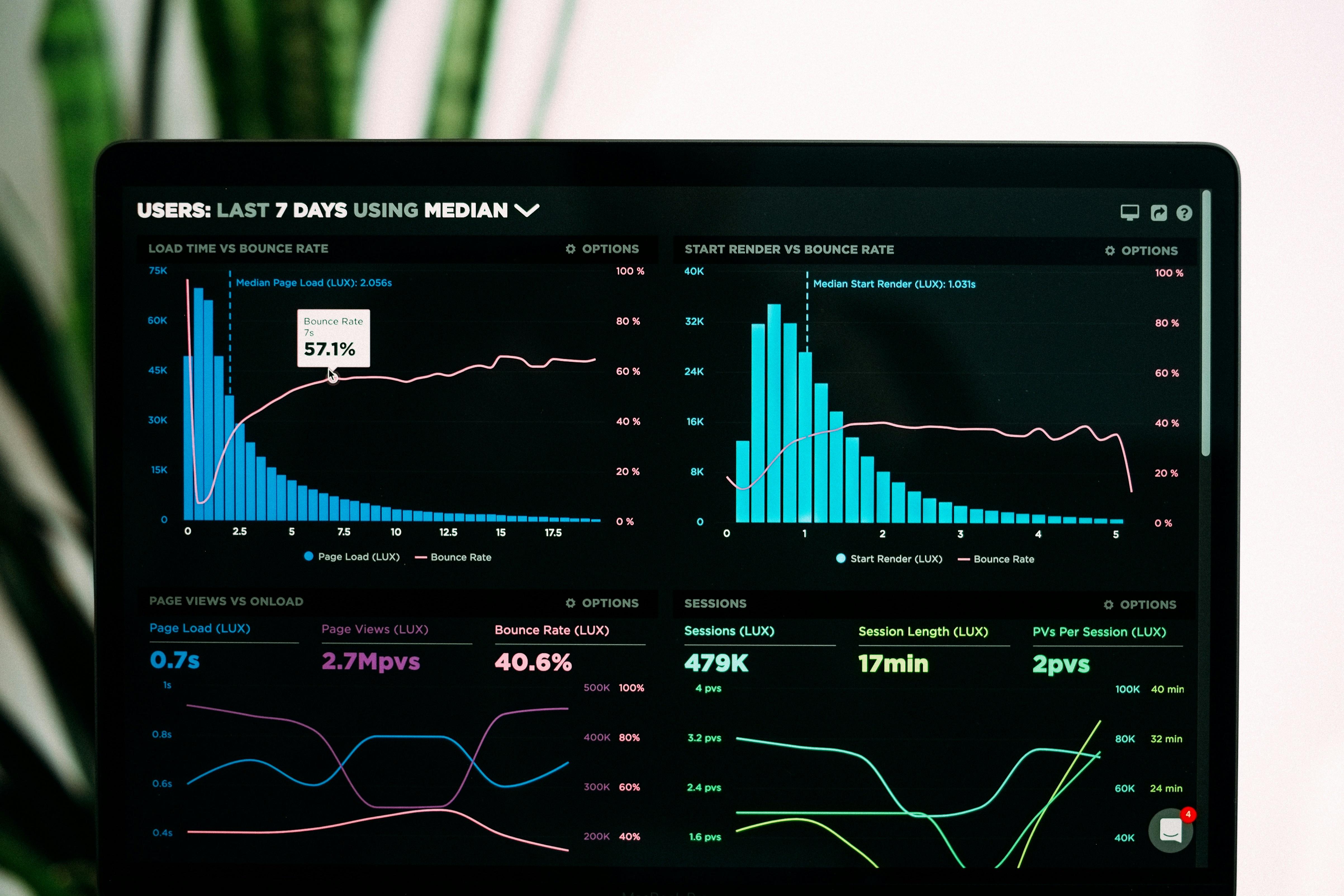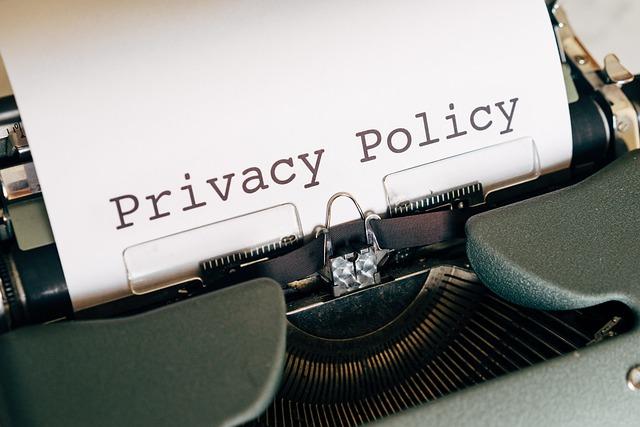In the digital age, where swipes and clicks often lead to connections of the heart, dating apps have become the modern matchmakers. Yet, beneath the surface of virtual flirtations and romantic algorithms lies a pressing concern: the security of personal data. As users reveal intimate details in pursuit of love, questions arise about the strength of privacy policies safeguarding this sensitive information. Are these digital gatekeepers truly robust enough to protect users’ data, or do they leave hearts—and identities—vulnerable to exposure? This article delves into the intricate world of dating app privacy, unraveling the measures in place and assessing whether they stand firm against the ever-evolving landscape of data security threats.
Evaluating Privacy Shields: A Closer Look at Dating Apps
When diving into the digital dating pool, users often unknowingly trade their privacy for the convenience of connection. Privacy policies on dating apps are designed to safeguard personal data, but their effectiveness remains a pressing concern. While many apps claim to employ robust encryption methods and strict data handling procedures, the reality often paints a more complex picture. The true strength of these shields can vary significantly across platforms, with some offering comprehensive protections, while others fall short, leaving users vulnerable to data breaches and unauthorized access.
- Transparency: Many apps lack clear explanations of how user data is collected, stored, and shared, leaving users in the dark.
- Data Minimization: Not all apps adhere to the principle of collecting only necessary data, often requiring excessive personal information.
- Third-party Sharing: Partnerships with third-party advertisers and analytics services can expose user data beyond the app’s ecosystem.
While advancements in technology promise improved privacy measures, users must remain vigilant, questioning and understanding the terms they agree to. The balance between maintaining privacy and enjoying the benefits of digital dating continues to be a delicate dance.

Data Vulnerabilities: Uncovering Potential Risks in User Information
In the digital age, dating apps have become treasure troves of personal information, but are they truly safeguarding this data? While many apps boast robust privacy policies, the reality can be far more complex. Data vulnerabilities often lurk in the shadows, waiting to be exploited by malicious actors. These vulnerabilities can arise from various sources, including insufficient encryption methods, lax security protocols, or even inadequate staff training. Users’ sensitive information, from location data to personal preferences, can become a lucrative target if not properly protected.
- Weak Encryption: Some apps may not use strong enough encryption, leaving data susceptible to interception.
- Inadequate Access Controls: Insufficient access restrictions can allow unauthorized personnel to access sensitive information.
- Data Sharing Practices: Users might be unaware of how their data is shared with third parties, posing additional risks.
Understanding these potential risks is crucial for users who entrust their personal lives to digital platforms. As technology evolves, so too must the strategies to protect user data, ensuring that privacy policies are not just words on a screen, but effective shields against the ever-present threats.

Strengthening the Armor: Best Practices for Enhanced Data Protection
To bolster the defenses of user data on dating apps, adopting best practices is essential. Here are some strategies to consider:
- Encryption Everywhere: Implement end-to-end encryption for all user communications and data storage. This ensures that even if data is intercepted, it remains unreadable.
- Regular Audits: Conduct frequent security audits and vulnerability assessments. Identifying potential weaknesses before they are exploited is crucial.
- Data Minimization: Collect only the necessary information required for the app to function. Less data collected means less data at risk.
- Transparent Policies: Clearly communicate privacy policies and any changes to users. Transparency builds trust and keeps users informed about how their data is handled.
- Access Controls: Limit access to user data within the organization. Ensure that only authorized personnel can access sensitive information.
By integrating these practices, dating apps can significantly enhance their data protection measures, offering users peace of mind in an increasingly digital world.

Empowering Users: Practical Steps for Safer Online Dating
In the realm of online dating, ensuring user safety is paramount. While privacy policies are essential, users can take proactive steps to enhance their security. Here are some practical measures:
- Review App Permissions: Regularly check and manage the permissions granted to dating apps. Limit access to only what is necessary.
- Use Strong Passwords: Employ unique and complex passwords for your dating profiles, and consider using a password manager for added security.
- Be Cautious with Personal Information: Avoid sharing sensitive details such as your home address or financial information on your profile or in initial conversations.
- Enable Two-Factor Authentication (2FA): Whenever possible, activate 2FA to add an extra layer of protection to your account.
Empowering yourself with these practices not only strengthens your online security but also fosters a more mindful approach to digital interactions.



